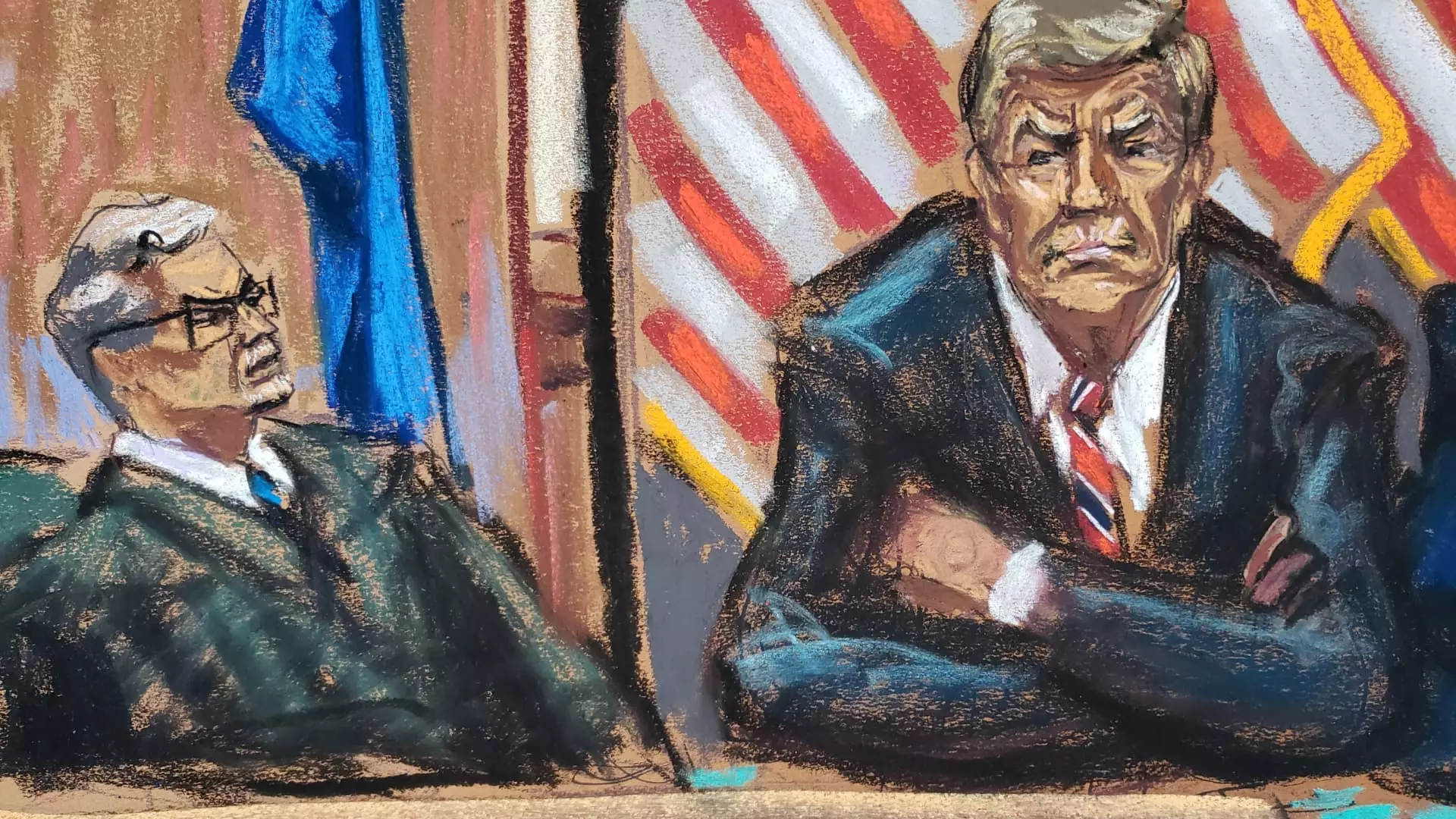In a notable legal development, a New York judge has postponed a crucial ruling concerning President-elect Donald Trump’s hush money case. Originally slated for Tuesday, the judge’s decision on whether to dismiss guilty verdicts or proceed towards sentencing will now be issued on November 19, just a week later than anticipated. This delay comes on the heels of a request from the Manhattan district attorney seeking time to evaluate the ramifications of Trump’s recent electoral victory on the ongoing case, highlighting the intersection of law, politics, and individual rights within a volatile context.
This case, which involves allegations of falsifying business records related to a payment made by Trump’s former attorney Michael Cohen to adult film actress Stormy Daniels, takes on added weight given its timing. With Trump winning the 2024 presidential election against Vice President Kamala Harris, his defense team is now contending that this victory necessitates a review of legal proceedings. The defense claims that the U.S. Supreme Court’s provision of immunity to former presidents for actions taken during their time in office should influence the outcome of the case. This assertion underscores a significant complexity: the separation of judicial power from political ambitions and the consequent implications for governance.
Manhattan Supreme Court Judge Juan Merchan now finds himself pivotal in navigating an uncharted territory; one where a former president’s electoral success could impact judicial outcomes. The prosecution, led by District Attorney Alvin Bragg, is adamant that the high court’s ruling holds no relevance in the context of Trump’s conviction related to the hush money payment. This tug-of-war over interpretation raises essential questions about the autonomy of the judiciary, especially when political factors intertwine with legal frameworks. The district attorney’s office expressed that the motions filed by Trump’s lawyers deserve careful scrutiny to ensure a fair balance between the integrity of a jury’s verdict and the responsibilities that come with the presidency.
As the legal landscape evolves, Trump’s legal representatives assert that delaying proceedings and potentially vacating the case are essential to prevent any constitutional conflicts that could obstruct his ability to govern effectively. Defense attorney Emil Bove articulated these concerns, pushing for a pause in the proceedings while also emphasizing the gravity of the situation. Judge Merchan’s agreement to stay deadlines signals the judiciary’s attempt at collaboration, albeit nebulously, with the political climate. Such a delicate balance raises broader questions about the role of legal systems in democratic institutions and the extent to which legal interpretations can be swayed by political realities.
The delayed ruling in Trump’s hush money case illustrates the delicate interplay between judiciary independence and political dynamics. As the legal battles continue to unfold, the implications for both Trump’s presidency and the judicial system at large will be closely watched. Ultimately, this situation underscores the need for a rigorous evaluation of how legal proceedings intersect with the responsibilities of elected officials, potentially setting significant precedents for future governance and the courts’ role in shaping political discourse.


Leave a Reply